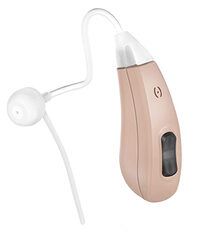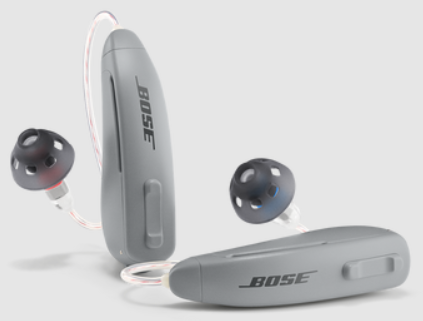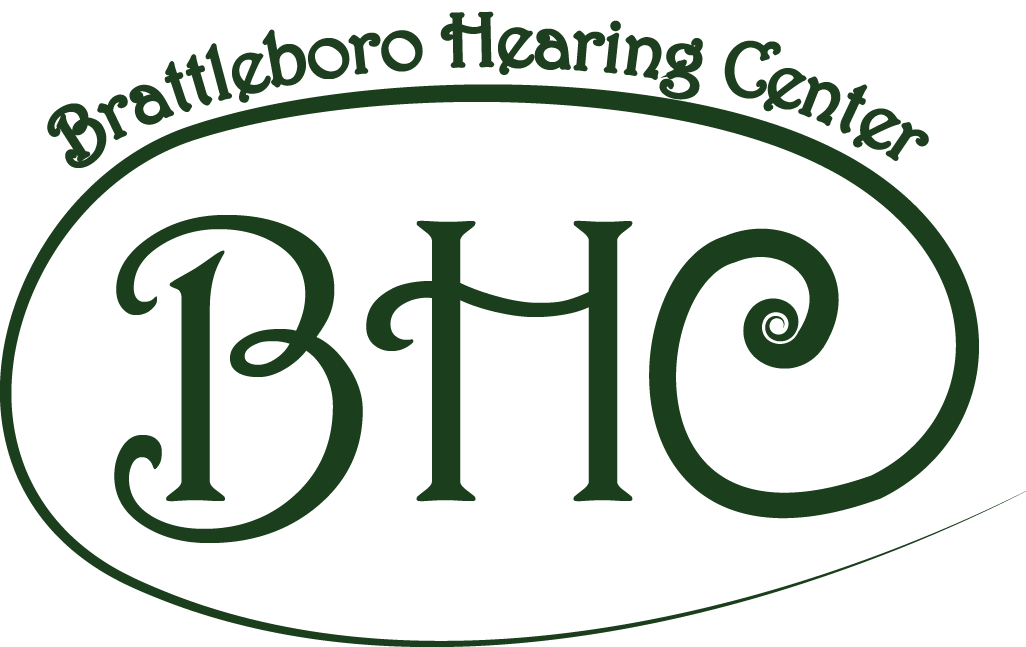Here’s the short answer: the best hearing aid for you is the hearing aid that helps you hear what is important to you at a price point that is affordable to you.
Here’s the long answer: there are a myriad of options out there, generally falling into three categories.

- The “Miracle” Solution! – These are found in the back of your favorite magazine. They are not a miracle nor do they provide a solution. This is 100% a waste of money!

2. OTC hearing aids – These hearing aids can be purchased “over-the-counter”. Sounds good, but it’s only really workable for a very specific subset of people – those who feel they have only mild to moderate hearing loss, who have the technological know-how to set up their own hearing aids using a cell phone, and have the awareness and patience to manage the settings of those aids in a way that works depending on the listening environment. These are definitely not “put them in and forget them” hearing aids.
![]() 3. Prescription hearing aids – This is what audiologists do, and this is where it gets hard to know. The vast majority of people with hearing loss can be helped with hearing aids. But how do you know what is best? It boils down to your hearing loss, the technology available in the hearing aid, and the affordability.
3. Prescription hearing aids – This is what audiologists do, and this is where it gets hard to know. The vast majority of people with hearing loss can be helped with hearing aids. But how do you know what is best? It boils down to your hearing loss, the technology available in the hearing aid, and the affordability.
 Every manufacturer has well-researched documentation about why their premium technology is better than everyone else’s premium technology. Is there one that’s actually better? No. They’re just different. Also, every manufacturer has 4 to 5 different technology levels, ranging from simple to very smart. The simple aids lack the fancy bells and whistles that make good decisions in hard listening environments. The smart hearing aids pull out all the stops to help you discern speech in noisy places.
Every manufacturer has well-researched documentation about why their premium technology is better than everyone else’s premium technology. Is there one that’s actually better? No. They’re just different. Also, every manufacturer has 4 to 5 different technology levels, ranging from simple to very smart. The simple aids lack the fancy bells and whistles that make good decisions in hard listening environments. The smart hearing aids pull out all the stops to help you discern speech in noisy places.
Is it worth the money? That’s the million dollar question. Kidding. That’s the $6,000 question. The more expensive hearing aids perform better. That’s just reality. However, there is more to consider. How often are you in difficult listening situations? How much extra help does your brain need to process noisy situations? Is your hearing so poor that you won’t be able to hear the difference between simple and smart hearing aids? All of these questions need time and honesty to explore, and if you have a good relationship with your audiologist, he or she should be happy to help you figure it out.
